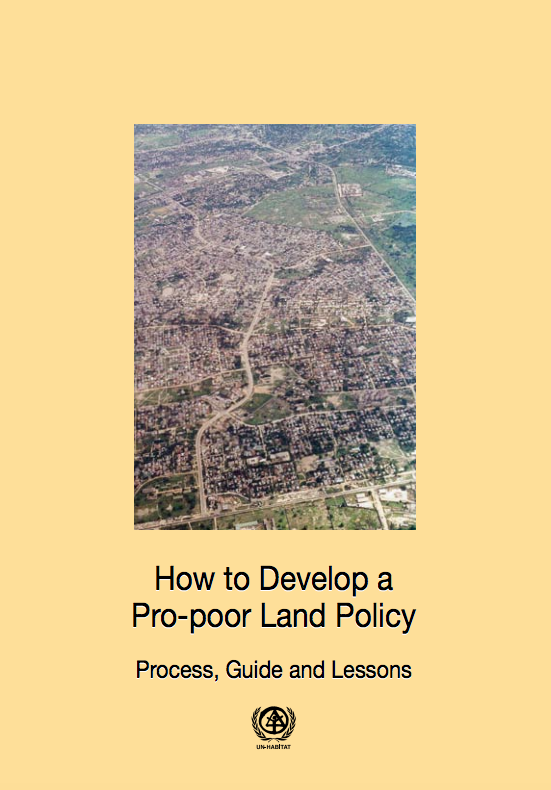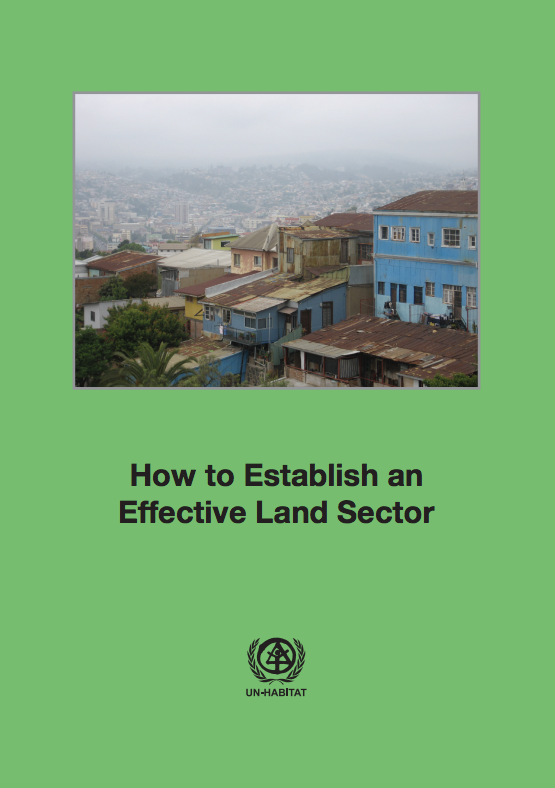Agros International white paper: a review of land reform methods
This white paper looks at one example of private land reform, Agros International, within the context of the global and historical scope of land reform methods.The paper states that methods of land reform can be understood within three general categories: government-directed reform, popular social mobilization, and market -based reform. However, despite the many benefits of secure land access, the application of effective land reform has proven difficult and rare.





